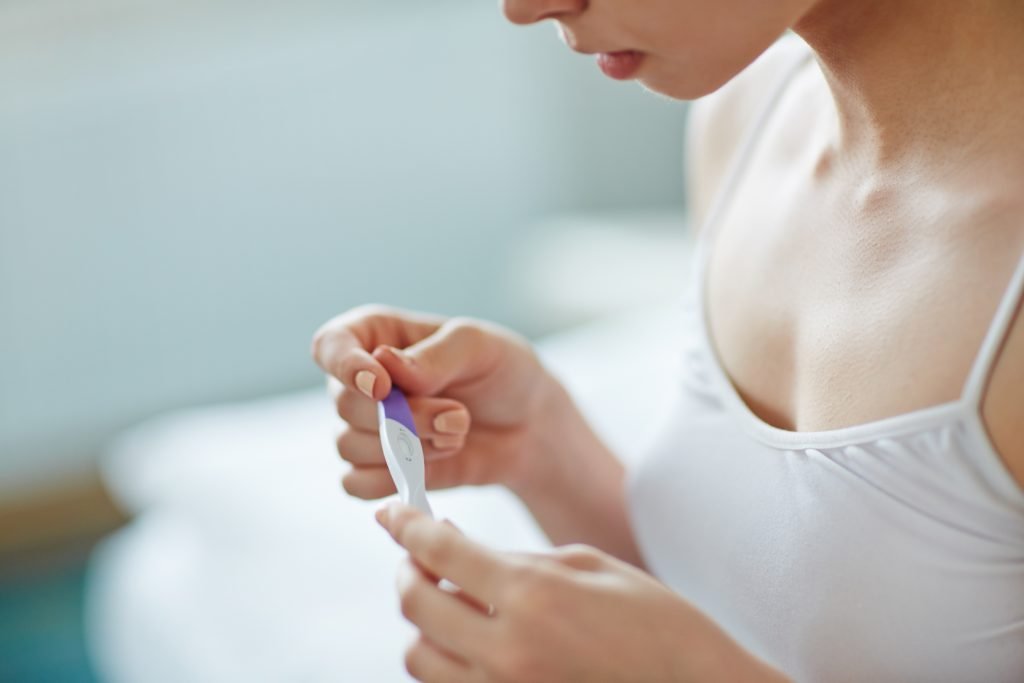Most women will develop fibroids during their life time. Typically, fibroids develop when a woman is in her thirties or forties. Today, many women are choosing to start their families later in life which is why understanding the relationship between fibroids and infertility is so important.
Fibroids
Many women who have fibroids are still able to have children. Fibroids can remain small and develop in areas that will not affect the reproductive system. Unfortunately, there are also certain fibroids that can affect a woman’s chances of conceiving and carrying a baby. The sperm and egg can be prevented from meeting for conception depending on the location of the fibroid. It is common for fibroids to develop in places or grow to certain sizes that make it difficult to continue a pregnancy. Fibroids can even affect the overall health of the fetus.
Fibroids & Infertility: How are They Linked?
The location of the fibroid is typically what affects your ability to have children. Fibroids may reduce your fertility in these ways:
• Fibroids that change the shape of your cervix can affect the number of sperm able to enter the uterus.
• Fibroids that block the Fallopian tubes can make the journey of a fertilized egg to implantation difficult or even impossible.
• Fibroids that change the shape of your uterus may also limit the number of places an embryo can successfully implant or decrease uterine space needed for embryo growth.
• Fibroids that weaken the lining of the uterine space or decrease the blood supply to a growing embryo can cause a miscarriage.
What Are My Options If I Have Fibroids and Want Children?
If you have fibroids and are trying to get pregnant, it’s best to discuss with your doctor whether the fibroids are in places that might prevent you from conceiving or carrying a baby. If that is the case, fibroid treatment will most likely be recommended.
If you are already pregnant, it is important for your doctor to monitor any fibroids that are present. Fibroids can grow as the baby develops which can cause issues for the pregnancy and delivery.
Myomectomy
A myomectomy, which cuts out existing fibroids, is a common surgery to increase a woman’s chances for conception and pregnancy. However, a myomectomy does have some disadvantages which include:
• Scarring- Uterine scarring can cause issues for the implantation of the embryo.
• If any part, even a few cells, of a fibroid are left behind, that fibroid will have a 50% chance of regrowth within a period of about 10 months. Your window of opportunity for conception and pregnancy will be limited.
• If you have a myomectomy and do not get pregnant quickly, you could face multiple surgeries as fibroids repeatedly grow back.
• Surgery to the uterine walls can weaken them which can compromise carrying a baby to term and/or its delivery.
Embolization
Uterine Fibroid Embolization is a non-surgical treatment that can help with your fertility. Embolization shrinks fibroids instead of cutting them. It is minimally invasive and extremely precise. Embolization blocks the blood supply to each fibroid, depriving oxygen and nutrients that fibroids need to grow and thrive. The uterus and reproductive organs remain uncut and unscarred. The procedure only affects fibroids and will not impact healthy uterine tissue. It is also important to note that a woman’s window for conception and pregnancy is greater with embolization than with surgery, as there is virtually no fibroid re-growth.
Fibroid Treatment Collective
The Fibroid Treatment Collective pioneered embolization and performed the first procedure in America. Embolization is significantly less invasive than other procedures and has been safely and successfully used on hundreds of thousands of women. Embolization represents an excellent treatment option for women who want to have children.
To read one of the medical studies published by the Fibroid Treatment Collective on embolization and fertility click here.
Questions about fibroids and infertility? Contact the Fibroid Treatment Collective at (866) 479-1523. Or schedule a free consultation here.

